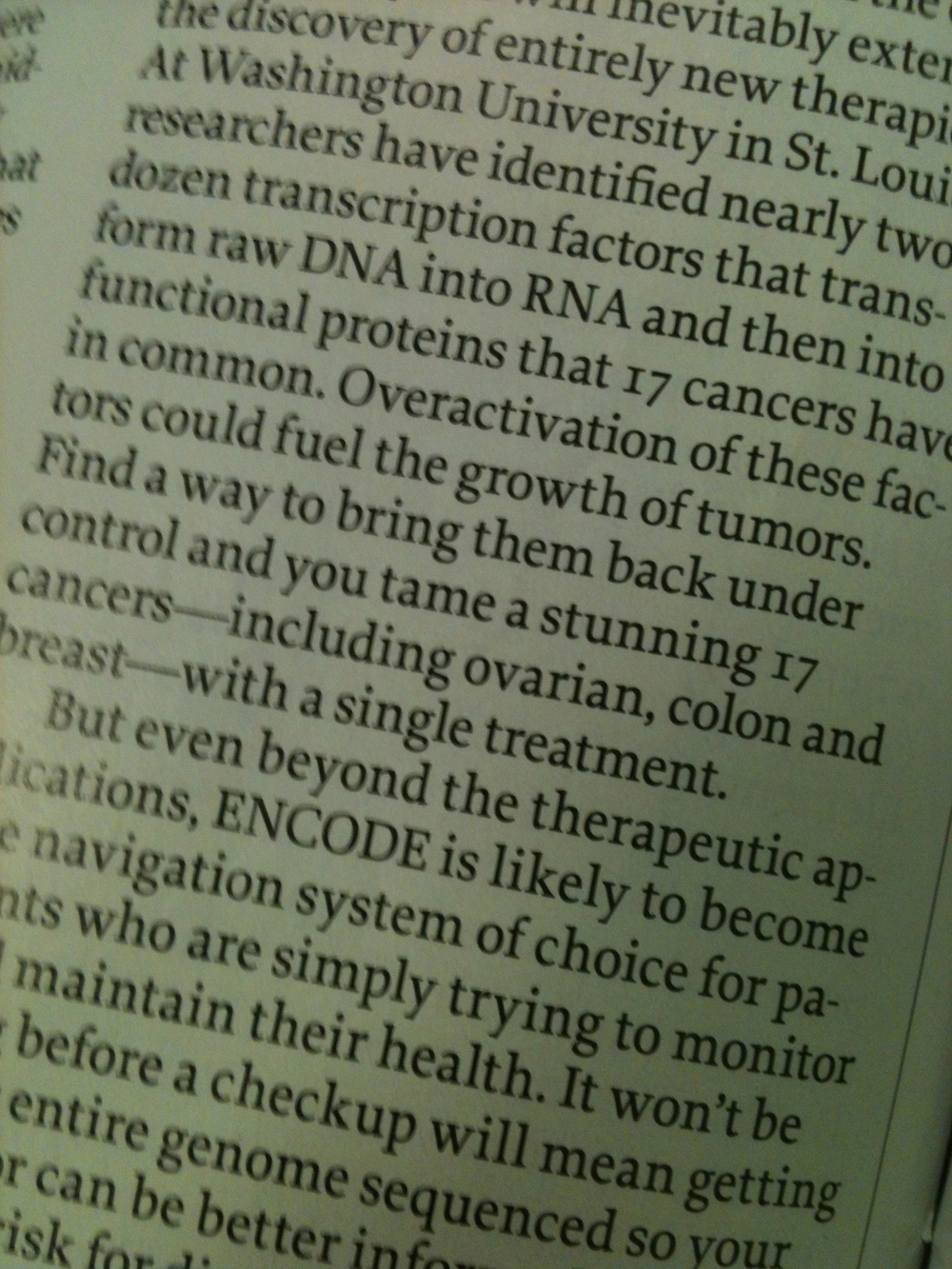
Hey my people,
Thinking about sequestration today. Honestly, is that any kind of name for policy? The word is so meaningless that it continues to resist explanation even as it's grounding airplanes and leaving seniors meal-less and wheel-less—and of course shutting down cancer research.
I've been reading a site called PhysBizTech. (Who knew?) You might want to check out Deborah Cornell's piece on how the sequester stands to damage that most precious asset for a cancer patient: the hope that if we can just hold out, there'll be better treatments before too long.
Here's the link: http://bit.ly/11BfDgd.
Cornell writes, "The federal government is the largest funder of cancer research, and the sequester threatens to cut this funding by almost 23 percent in real purchasing power."
These 23 percent cuts fall just when we're about to solve the jigsaw puzzle.
Cornell explains: "Many grants today focus on basic cellular biology to understand what causes cancer, what allows cancer to spread from one body part to another, which components to target for treatment, genetic mutations that characterize certain cancers...and so on. These are targeted toward finding more effective ways of killing the cancer without killing the patient."
What hurts most is what Cornell writes next: "Unless the large number of people who are affected by cancer ― as patients, family caregivers, healthcare providers, employers and friends ― stand up and tell Congress to get serious about cancer research funding, affected families will be left with few options and little hope."
Austerity is supposed to harm everybody equally, but we know that's not true. In practice, there is nothing so easy as cutting funding for invisible sick people. So what do we do? Are we supposed to storm Washington with an army of people with pic lines and port-o-caths and bandannas? Yes, I think we are. In fact, I suggest we wear our hospital gowns open at the back. Just so we can twirl around from time to time and show Congress the same respect they've shown us.
Thanks to jannoon028 and freedigitalphotos.net for the IV image.



